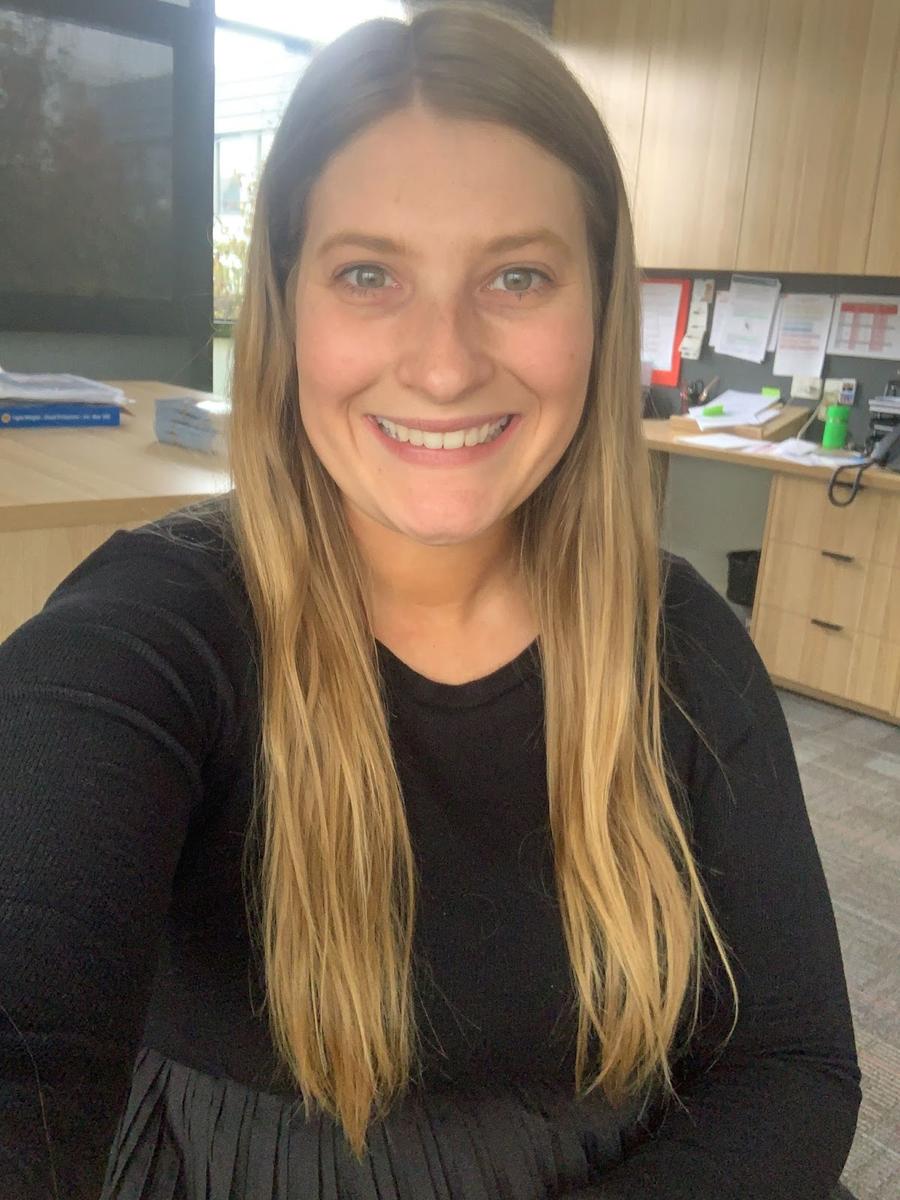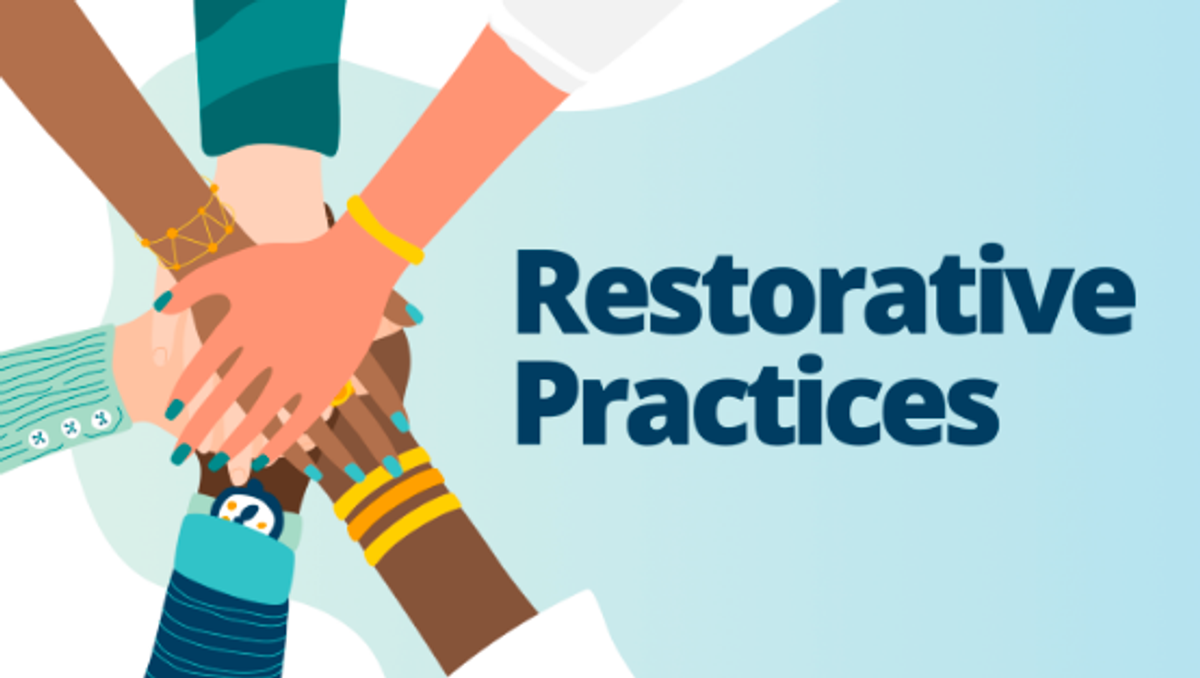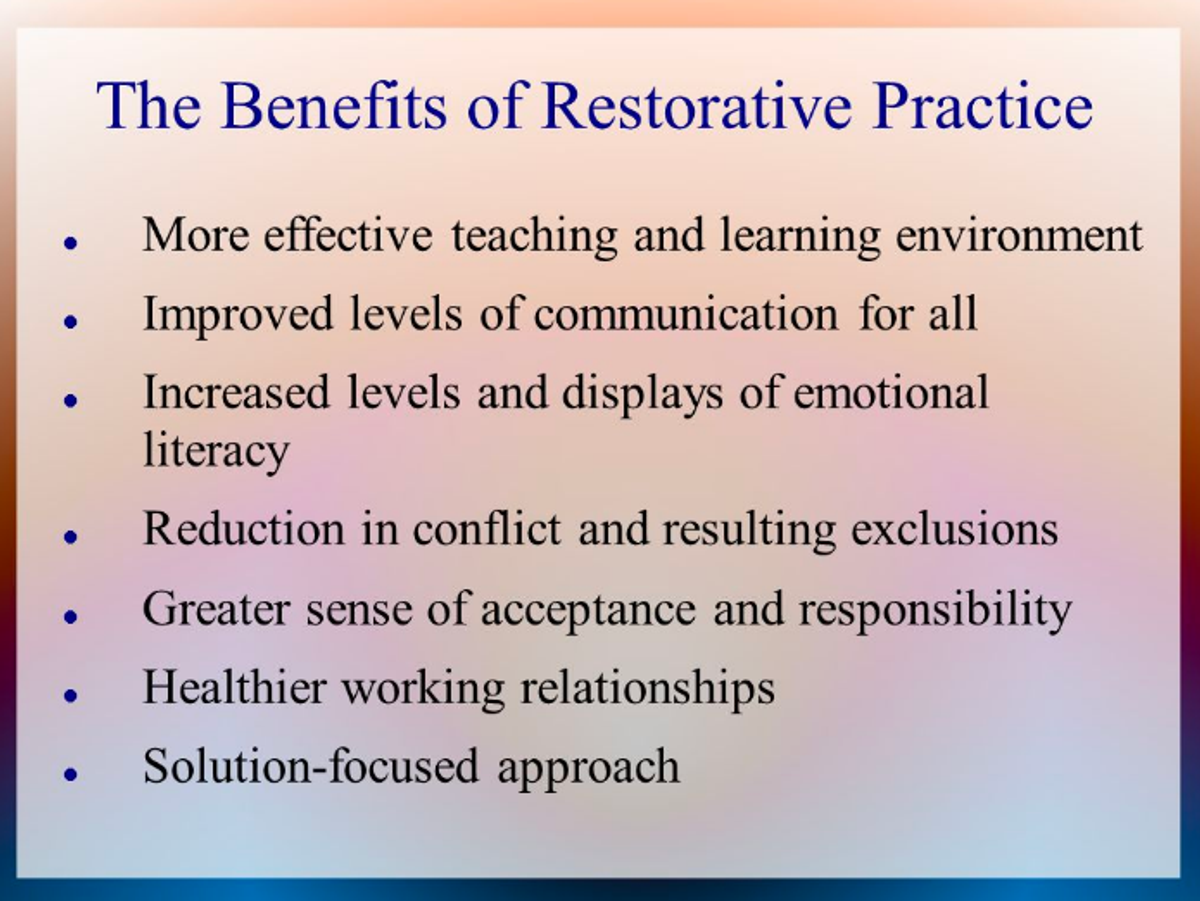Student Wellbeing
Mental Health in Schools
Ginette D'Souza & Elizabeth Hopper

Student Wellbeing
Mental Health in Schools
Ginette D'Souza & Elizabeth Hopper


Hi SoGS Community!
My name is Elizabeth Hopper and I am SoGS’ Mental Health and Wellbeing Leader (MHWL) for 2023. I have worked at School of the Good Shepherd since 2019 and am returning two days a week after taking maternity leave to have my beautiful daughter Addie. I have worked across the school as a Classroom Teacher and I am excited to take on a new opportunity to support staff, families and students in the Wellbeing and Mental Health space. I am passionate about providing students with a safe learning environment where they feel empowered to identify and regulate their emotions, discuss their feelings and understand that there is support available to them when they need it.
The role of the MHWL is a new addition to our already established Wellbeing team made up of Ginette D’Souza (Wellbeing Leader and Child Safety Officer) and Lorna Stranieri (Learning Diversity Leader). The Department of Education and Training has been piloting the Mental Health in Primary Schools (MHiPS) initiative in Victorian schools since 2020 in partnership with the Murdoch Children's Research Institute and the Melbourne Graduate School of Education at the University of Melbourne. This program has shown to have a positive impact in Primary Schools, with 95 per cent of schools acknowledging an improvement in their school’s capacity to support students’ mental health and wellbeing needs.
In this role, I will promote a whole school approach to mental health and wellbeing to students, staff and families. I will continue to support school staff to expand their capacity to embed evidence based mental health strategies, interventions and programs such as Berry Street Education Model, 4Rs (Resilience, Rights and Respectful Relationships), Zones of Regulation and Restorative practices. In doing this, teachers will develop their capacity to identify and support students with mental health concerns. This will aid teachers in ensuring mental health prevention and early intervention strategies are embedded in the classroom.
I look forward to working with the staff, families and students in this next chapter at SoGS.
SoGS POSITIVE BEHAVIOUR MANAGEMENT and STUDENT BEHAVIOUR POLICY


School of The Good Shepherd believes an effective Student Behaviour Policy and building of Positive Relationships Behaviour Management Policy contributes to creating a safe and harmonious culture aligned with our Gospel values of Belonging, Hope and Growth.
School of The Good Shepherd supports the ‘Restorative Practices’ research based program on a school wide level. Positive relationships are very important at SoGS and this program aids in managing student behaviour and maintaining positive relationships between peers, staff and community members:


When things go wrong
When someone has been hurt
Stay Tuned - Week 10:
An overview of Zones of Regulation will be provided.